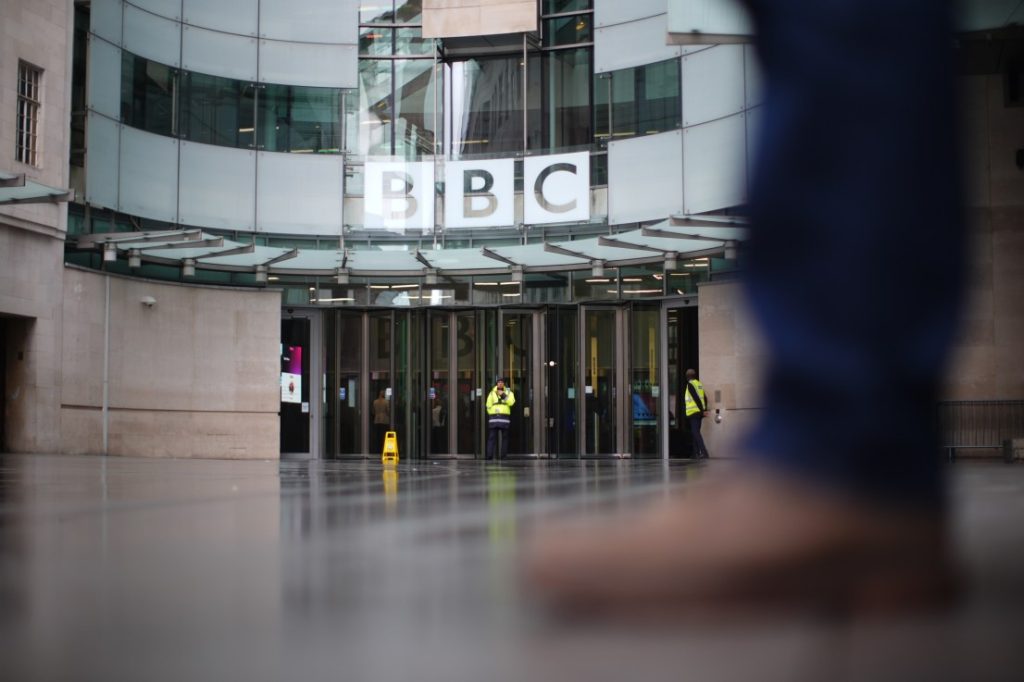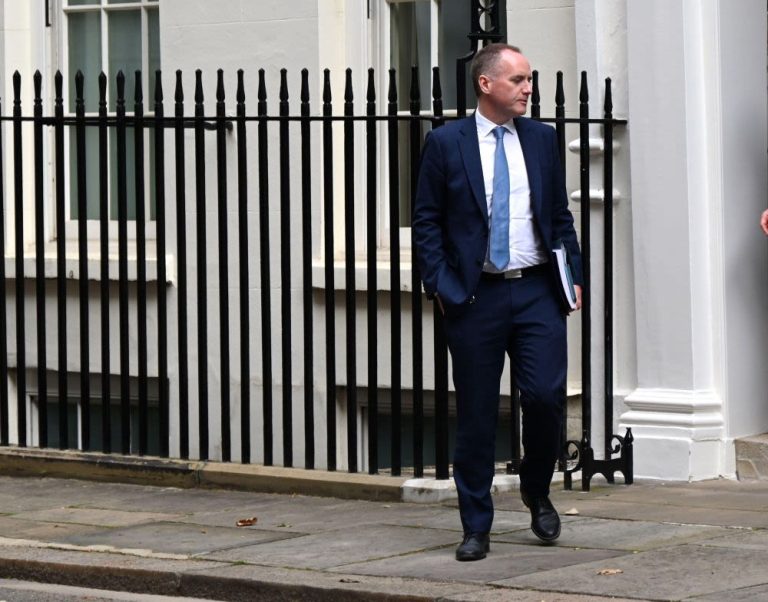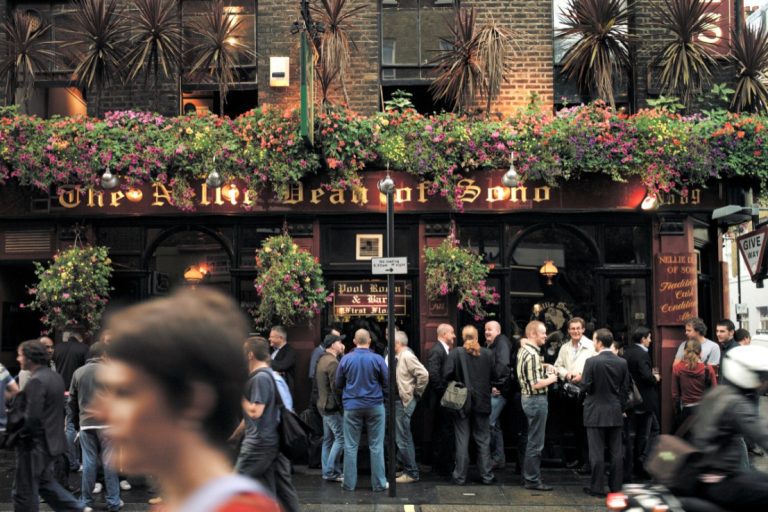
The manipulated footage that shook Broadcasting House
A major error by the BBC has sent shockwaves through Broadcasting House and beyond. The corporation was forced to issue a public apology after manipulating video of a U.S. presidential speech in a way that misrepresented the president’s words. In doing so, the BBC breached its own editorial standards and shattered the public’s trust. The fallout was swift and severe, culminating in the resignations of both the BBC News CEO and the Director-General — a rarity in the organisation’s 100-year history.
Senior leadership steps down amid unprecedented scrutiny
Deborah Turness, who had overseen BBC News since 2021, and Tim Davie, the BBC’s Director-General, both tendered their resignations following the scandal. Turness had championed the launch of the BBC Verify unit earlier this year, touting it as the ultimate defence against “fake news” and disinformation. Yet it was her own department’s lapse that ultimately brought down her tenure. The gravity of the error — altering footage to imply the president uttered phrases he never spoke — was deemed so serious that it could not be contained by mere internal reprimand.
BBC Verify: the guardian of truth undermined
Launched with great fanfare, BBC Verify was positioned as a unit dedicated to “separating fact from fake” and bringing clarity to complex issues. Its remit, as described in official statements, was to help audiences “know not just what we know, but how we know it.” The irony is stark: the controversy has exposed a critical blind spot in the very system designed to guard against editorial mistakes. If the institution charged with verifying external information cannot uphold its own accuracy, how can audiences continue to rely on it?
Leaked memo reveals deeper concerns
The crisis came to light when a confidential memo by Michael Prescott, an independent adviser to the BBC’s Editorial Guidelines and Standards Committee, was leaked. Prescott had left his role earlier this year, citing “profound and unresolved concerns” about how seriously the BBC treated allegations of bias, poor judgement and errors. In his memo, he warned that complaints and lapses were not being taken with the urgency the BBC’s public mandate demands. Prescott’s critique struck at the heart of the organisation’s culture and prompted a broader reckoning over editorial oversight.
Spotlight on editorial bias and notifications
Prescott’s memo drew on analysis by veteran reporter David Grossman, highlighting patterns in the BBC’s output that raised questions about balance. He pointed to questionable coverage of sensitive topics — from U.S. politics to the Israel-Gaza conflict — and noted a “surprisingly high number of stories about drag queens” in coverage of trans issues. Perhaps most revealing was an internal review of the BBC’s app notifications. Of 219 alerts sent in September 2023, only four related to migrants and asylum seekers (and three of those focused on poor conditions). By contrast, Russell Brand dominated with twelve notifications that month. These imbalances fuelled concerns that editorial priorities were misaligned with public interest.
Claims of conspiracy and efforts to deflect
In the wake of the scandal, some within the BBC have sought to frame the criticism as part of a broader “right-wing conspiracy” aimed at undermining the corporation. This deflection strategy, however, risks backfiring. By dismissing valid internal critiques as politically motivated attacks, the BBC may alienate staff and stakeholders who genuinely care about its future. True accountability requires acknowledging errors rather than shifting blame onto unspecified external forces.
Trust, funding and the BBC’s survival
The manipulation scandal has deep implications for the BBC’s credibility at a time when its funding model is under intense pressure. With audiences fragmenting across streaming services and commercial rivals, the licence fee comes under growing scrutiny. The BBC’s defenders must now argue for public support in the wake of this breach of trust. If the corporation cannot police its own content, calls to reform or even abolish the licence fee will gain traction in Parliament and among sceptical taxpayers.
A defining moment for Britain’s national broadcaster
This episode represents more than a single editorial mistake: it underscores systemic weaknesses in governance and quality control at the BBC. As the newly appointed leadership teams take up the challenge of restoring faith in the institution, they will need to address both the specific journalistic failings and the broader cultural issues that allowed them to occur. The world will be watching whether the BBC can learn from this crisis and emerge stronger, or whether it will see its reputation eroded beyond repair.





